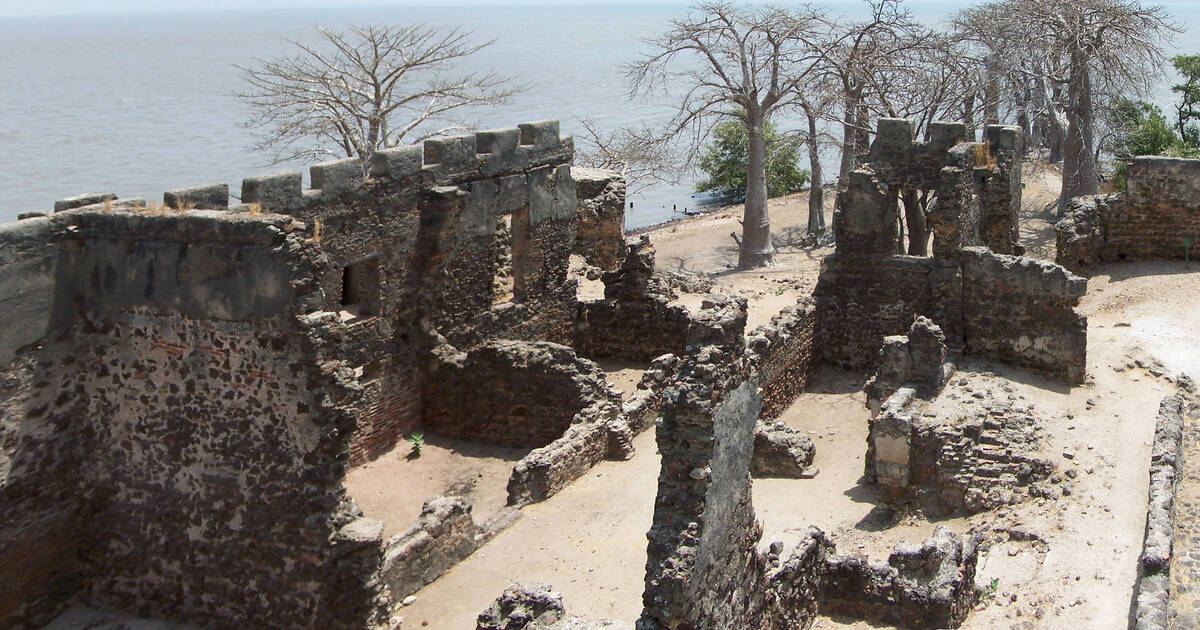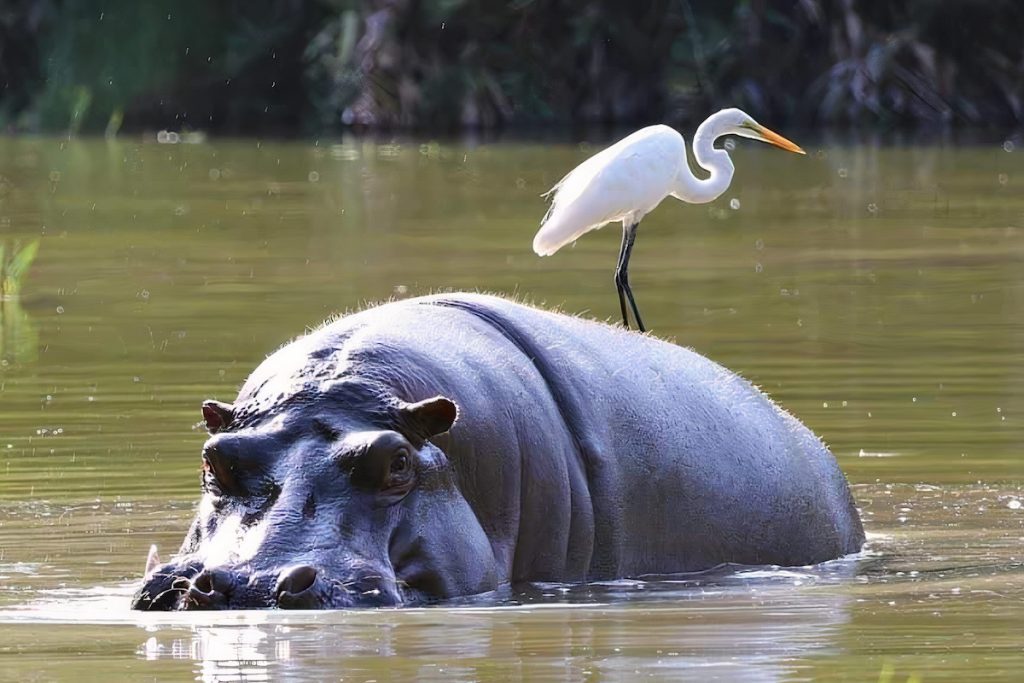What You Need to Know
The Gambia is West Africa’s smallest mainland country, defined by the River Gambia that runs through its center and shapes much of national life. Stretching inland from the Atlantic coast and surrounded by Senegal, The Gambia has long been a crossroads of trade, culture, and migration. Today, the country is focused on democratic consolidation, economic recovery, and strengthening its role as a tourism and services hub in West Africa.
The Gambia at a Glance
Capital: Banjul
Population: ~2.7–2.8 million
Official Language: English
Government: Presidential republic
Economy: Services- and agriculture-led, with tourism as a key driver
Key Strengths: Political openness, river-based geography, cultural heritage, tourism
Regional Role: Small but influential democratic voice in West Africa
Why The Gambia Matters
The Gambia matters as a symbol of democratic transition and regional cooperation. Despite its small size, the country has demonstrated the importance of peaceful political change and civic engagement in West Africa. Its experience highlights how governance reform, openness, and regional integration can shape national recovery and international credibility.
Geography and Location
The Gambia is located in West Africa, stretching along both banks of the River Gambia and bordered almost entirely by Senegal, with a short Atlantic coastline to the west.
The river dominates the country’s geography, supporting agriculture, transport, fishing, and tourism. Low-lying floodplains and mangrove ecosystems are central to livelihoods and environmental sustainability.
People and Society
The Gambia has a population of approximately 2.7–2.8 million people and is ethnically diverse, with Mandinka, Fula, Wolof, Jola, and Serahule communities among the largest groups.
English is the official language, while many local languages are spoken daily. Islam is the predominant religion, practiced alongside Christianity and traditional beliefs.
Community life, extended families, and strong social networks play a central role in daily life.
A Brief Historical Context
The area that is now The Gambia was part of ancient West African trade networks long before European contact. In the 17th century, Britain established control along the river, shaping the country’s colonial boundaries.
The Gambia gained independence from the United Kingdom in 1965. After decades of political stability followed by authoritarian rule, the country experienced a peaceful democratic transition in 2017, marking a turning point in governance and international relations.
Government and Politics
The Gambia is a presidential republic with a multiparty political system. Since its democratic transition, the country has focused on constitutional reform, accountability, and rebuilding public institutions.
Strengthening governance, justice, and economic management remains central to national policy priorities.
Economy: Tourism, Agriculture, and Services
The Gambian economy is driven by services, agriculture, and tourism. Tourism is a major source of foreign exchange and employment, particularly along the Atlantic coast.
Key economic priorities include:
- Expanding tourism and hospitality
- Improving agricultural productivity and food security
- Strengthening small businesses and entrepreneurship
- Enhancing public finance and infrastructure
Remittances from the Gambian diaspora also play an important role in household incomes.
Trade, Diplomacy, and Regional Influence
The Gambia is a member of the Economic Community of West African States (ECOWAS) and the African Union. Its foreign policy emphasizes regional cooperation, democracy, and multilateral engagement.
Though small, the country has gained visibility through its advocacy on governance, justice, and human rights.
Tourism and Natural Heritage


Tourism is central to The Gambia’s economy. Visitors are drawn to its beaches, river cruises, birdlife, and cultural heritage. Kunta Kinteh Island, a UNESCO World Heritage Site, reflects the country’s history within the transatlantic slave trade.
Eco-tourism and community-based tourism are growing areas of focus, particularly along the River Gambia.
Safety and Travel Considerations
The Gambia is generally considered safe for visitors, with a well-established tourism sector. Travelers are advised to exercise normal caution, particularly in urban areas and markets, and to follow local guidance.
Culture and Daily Life
Gambian culture is shaped by music, storytelling, and hospitality. Drumming, dance, and oral traditions are central to cultural expression.
Daily life often revolves around family, community gatherings, markets, and religious observance, with strong ties between rural and urban communities.
Sports and National Identity
Football is the most popular sport in The Gambia and a growing source of national pride. The national team’s recent successes have boosted visibility and unity at home and across the diaspora.







